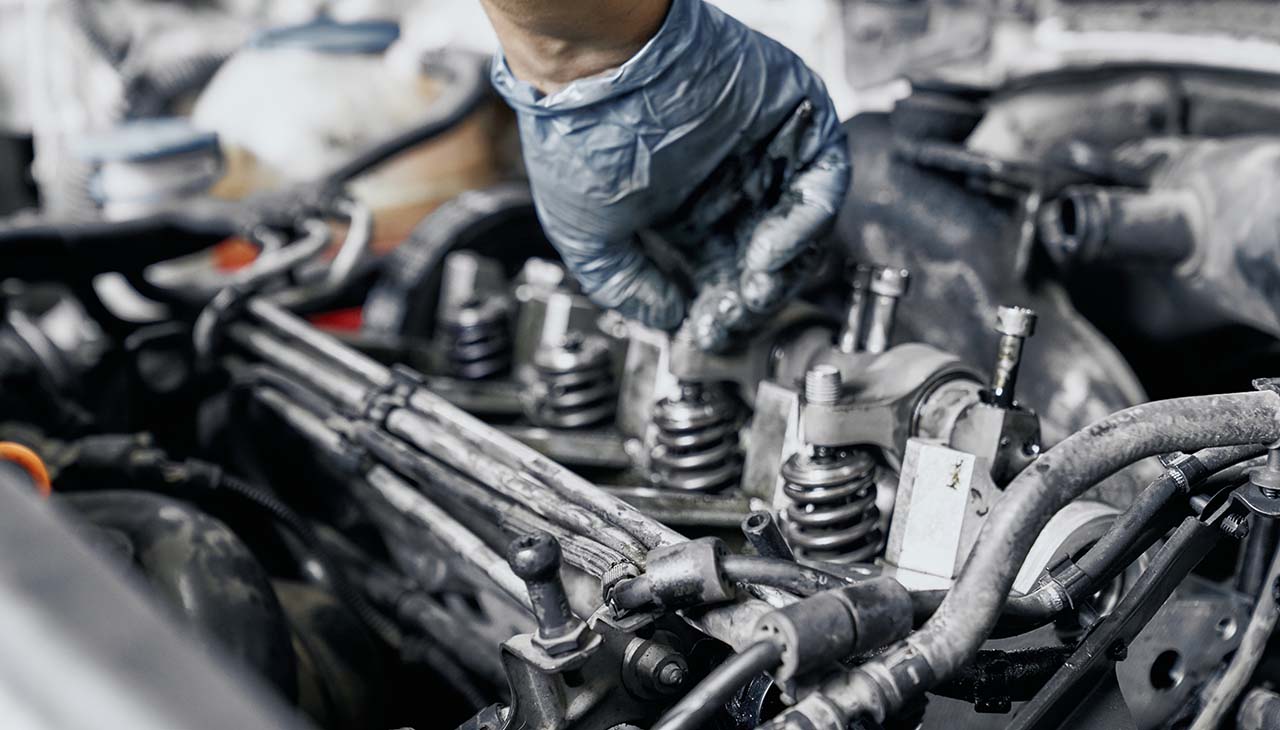
Boost Your Car’s Performance: A Beginner’s Guide to Engine Tuning
Engine tuning, an art that combines the mechanical prowess with the latest in technological advancements, has the power to transform your vehicle’s performance from mundane to exceptional. Whether you’re a car enthusiast looking to enhance your ride’s horsepower, torque, fuel efficiency, or all of the above, this guide is crafted for you. In these pages, you will discover the foundational knowledge necessary to begin your engine tuning adventure, learn the importance of each component under the hood, and how subtle adjustments can lead to significant results. Our goal is to equip you with the insights and confidence to optimize your car’s performance, making every drive a testament to the power of tuning.
Understanding Engine Components
Overview of Key Engine Components
At the heart of engine tuning lies a comprehensive understanding of the key components that make up your vehicle’s engine. These include the air intake system, which allows your engine to breathe; the fuel system, which delivers the required fuel to your engine; the ignition system, responsible for sparking the fuel-air mixture; the exhaust system, which expels waste gases; and the ECU (Engine Control Unit), the brain that controls all these processes. Each component plays a crucial role in the overall performance of your car, and understanding their functions is the first step towards effective tuning.
How Engine Tuning Impacts Each Component
Engine tuning involves making adjustments and modifications to these core components to improve performance. For the air intake and exhaust systems, tuning might involve installing larger pipes or high-flow filters to reduce restriction, allowing the engine to inhale and exhale more efficiently. Fuel system adjustments often aim at ensuring the correct fuel mixture for optimal combustion, which can be achieved through reprogramming the ECU or upgrading the fuel injectors. Ignition system tuning primarily focuses on improving the spark delivery to burn the fuel more effectively, potentially involving upgrades to spark plugs or ignition timing adjustments. Through careful tuning of each component, significant gains in horsepower, torque, and fuel efficiency can be achieved, transforming the driving experience.
Types of Engine Tuning
Engine tuning can be approached in various ways, each targeting different components of the engine to improve overall vehicle performance. Here, we explore some of the most effective and popular methods:
Chip Tuning
Also known as “performance chips,” chip tuning refers to the process of modifying or replacing the EPROM chip in a car’s computer to achieve better performance, whether it’s more horsepower, increased torque, or greater fuel efficiency. This method can offer significant performance improvements to both turbocharged and naturally aspirated engines.
ECU Remapping
ECU remapping is a more sophisticated form of tuning that involves adjusting the software within the vehicle’s Engine Control Unit (ECU). This process allows for comprehensive control over various engine parameters, leading to improved performance, responsiveness, and sometimes better fuel economy.
Performance Exhaust Systems
Installing a performance exhaust system can significantly improve the flow of exhaust gases, reducing back pressure and allowing the engine to breathe better. This can result in increased power output and a more satisfying exhaust note.
Cold Air Intakes
Cold air intake systems replace the standard airbox and filter of a car’s engine with less restrictive systems, allowing colder air to flow into the engine. Cooler air is denser, containing more oxygen, which can lead to more powerful combustion and, consequently, increased performance.
Turbochargers and Superchargers
Both turbochargers and superchargers are forced induction systems designed to compress the air flowing into the engine. This allows more air (and therefore more fuel) to be combusted at a time, producing significantly more power. Turbochargers are powered by the engine’s exhaust gases, while superchargers are driven mechanically by the engine via a belt or chain.
DIY vs Professional Tuning
Pros and Cons of DIY Tuning
Pros of DIY Tuning
- Cost Savings: One of the most significant benefits of DIY tuning is the potential cost savings. By avoiding labor costs associated with professional services, you can allocate more of your budget to higher quality parts or additional upgrades.
- Learning Experience: Embarking on DIY engine tuning projects offers hands-on learning opportunities. You gain valuable knowledge about your vehicle’s mechanics and tuning processes, empowering you to understand and maintain your car better.
- Customization Control: DIY tuning enables you to have total control over every aspect of the tuning process, allowing for highly personalized adjustments that fit your specific performance goals and driving preferences.
Cons of DIY Tuning
- Risk of Damage: Without the proper knowledge and tools, DIY tuning can lead to costly mistakes. Incorrect modifications can potentially damage the engine or other critical components, leading to expensive repairs.
- Complexity: Modern cars are highly computerized, and tuning often requires sophisticated software and a deep understanding of the vehicle’s electronics, which can be daunting and complex for beginners.
- Voiding Warranty: Performing certain vehicle modifications yourself can result in voiding the manufacturer’s warranty, leaving you responsible for future repairs and maintenance.
Benefits of Professional Tuning Services
- Expertise and Experience: Professional tuners bring years of experience and specialized knowledge to the table, ensuring that modifications are done correctly and safely. Their expertise can help avoid costly mistakes and damage to your vehicle.
- Access to Advanced Equipment: Professional tuning services have access to top-of-the-line diagnostic tools and software, allowing for more precise adjustments and the ability to diagnose and rectify any issues immediately.
- Warranty and Support: Many professional tuning services offer warranties on their work, providing peace of mind that your vehicle is in good hands. Additionally, professional tuners can offer ongoing support and advice, helping you maintain optimal performance.
Time Efficiency: Professional tuning can often be completed more quickly than DIY projects, thanks to the combination of experience, high-quality equipment, and familiarity with common tuning procedures. This means you get to enjoy the benefits of enhanced performance sooner and with less downtime.